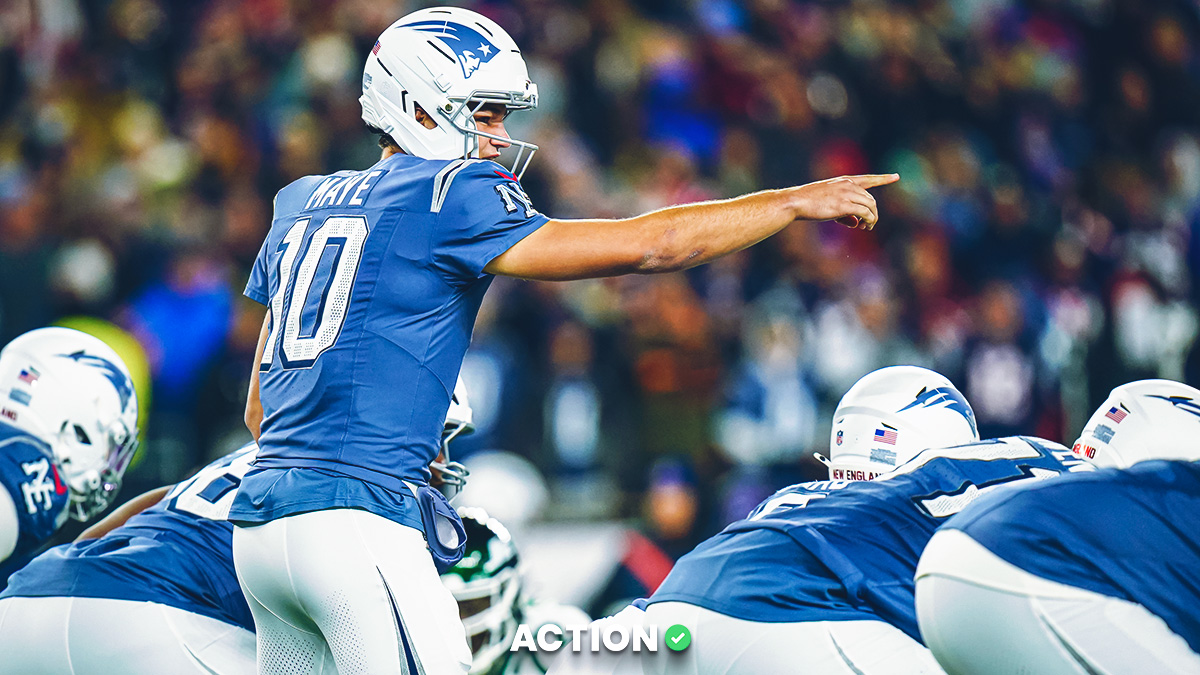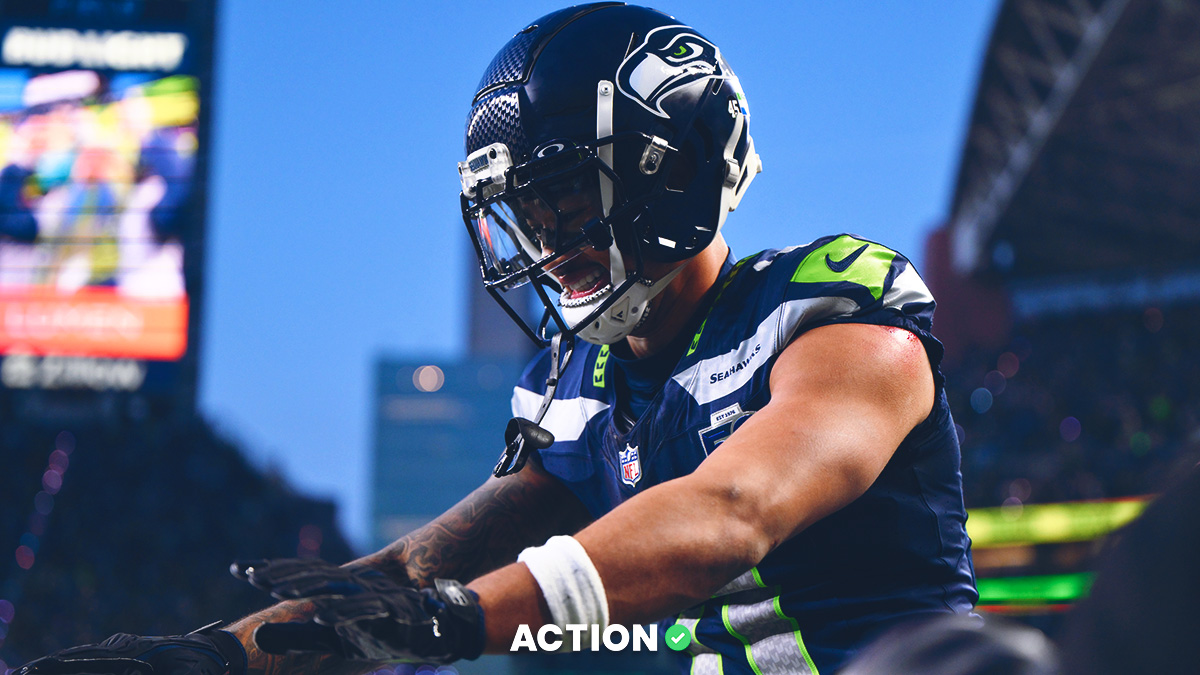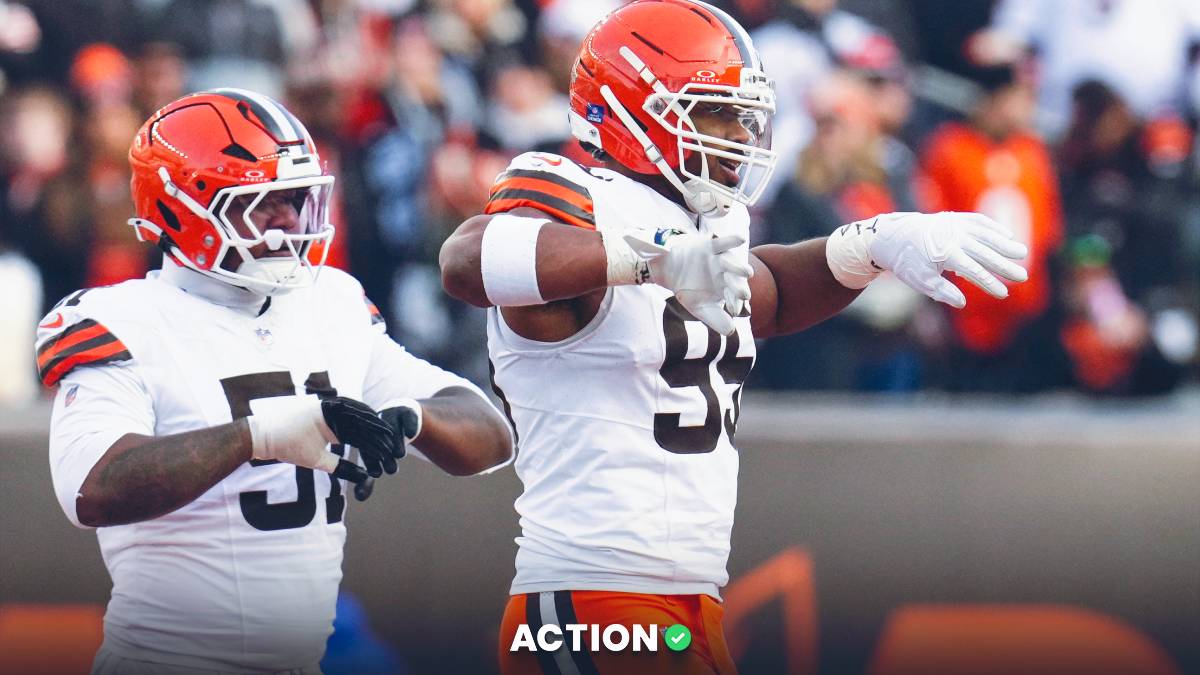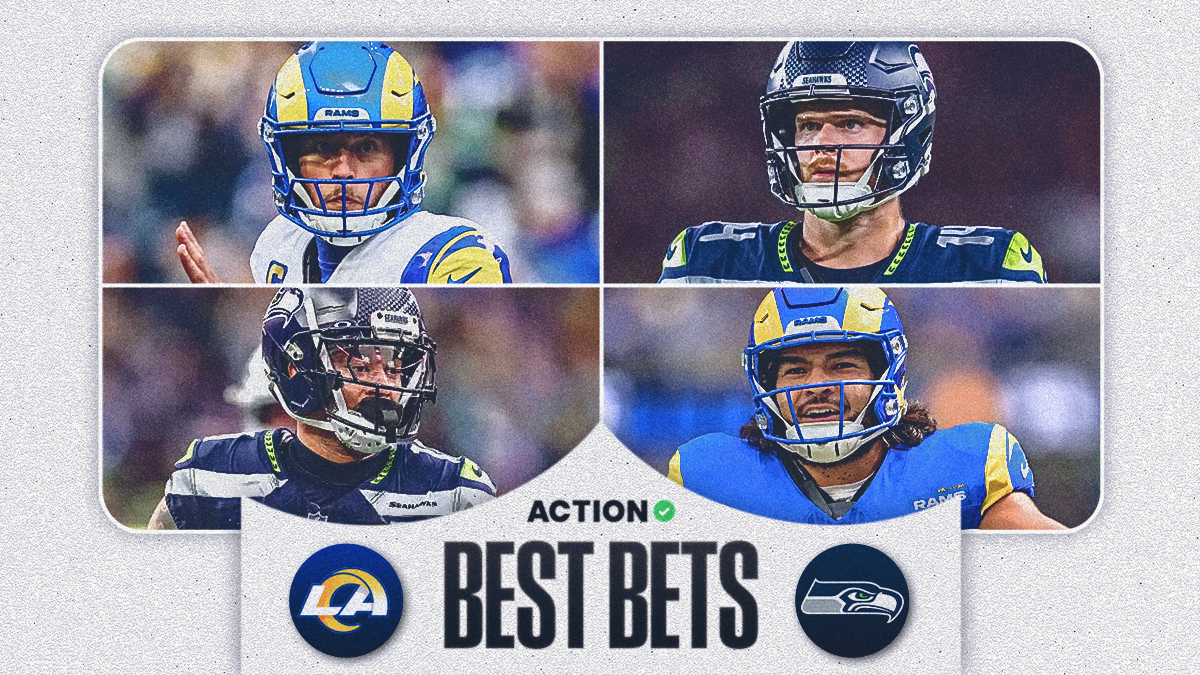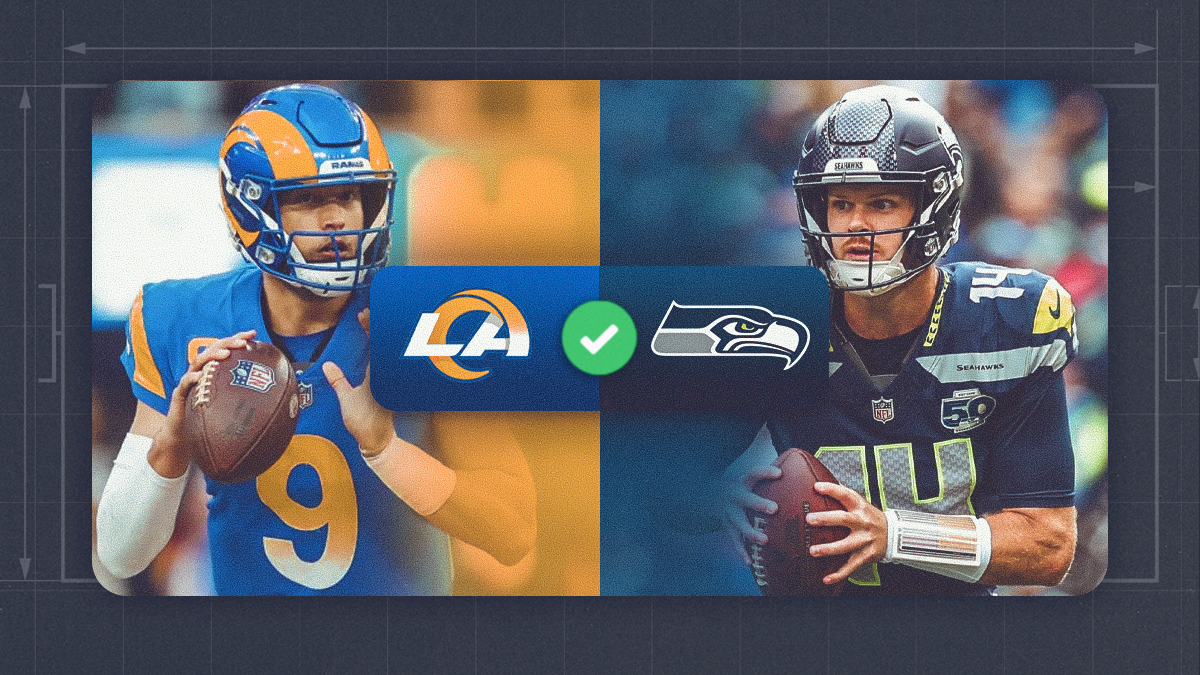- Proper NFL Survivor Pool strategy is key in ensuring you have the best chance to win your league.
- Here are six NFL Survivor Pool tips for making it to Week 17.
I will be returning this season to bring you NFL survivor pool analysis each week of the season, but wanted to start with a primer on how to win your league.
This will give you a glimpse of the strategy (and some math, sorry) of why I choose the picks that I do.
6 Tips for Winning Your NFL Survivor Pool
Here are the six tips to help win your NFL survivor pool.
1. Take a Full-Season Approach Each Week
This may seem counterintuitive at first glance, but this is the way you need to view your pool. A survivor pool should not be 17 separate one-week decisions. Each pick should be part of a season-long strategy to come out ahead when the dust settles.
Simply picking the team with the best odds to win each week is a terrible strategy. You have to look at future schedules and you must take into account which teams are being picked the most. This leads to my next point.
2. Game Theory Matters
I'll give you an example of a scenario you may face when you make a decision. Let's assume your pool has 100 entrants remaining and there are only two teams available to pick.
Team A has an 80% chance to win this week and 75 of the 100 entrants are taking it. Team B has a 70% chance to win and the other 25% of entrants are taking them. Which team is the better play?
Given their expected winning percentages, we would expect both teams to win 56% of the time and both teams to lose 6% of the time. The remaining two scenarios are key:
- 24% chance that Team A wins and Team B loses
- 14% chance that Team B wins and Team A loses
You instinctively might just take the 24% scenario — after all, that's the higher percentage. However, you would rather have a 14% chance of being one entry left out of 25 then have the 24% chance of being one entry left out of 75.
In terms of equity to win the pool, going with Team B gives you a 0.56% chance while going with Team A gives you a 0.32% chance. These small differences may seem insignificant, but those edges add up over 17 weeks and those percentages will increase as more entries are knocked out.
If you need a real world example, look no further than Week 3 of last season.
3. Know Your Pool
It's important to know the rules and any special circumstances of your pool. You should look at the number of entries first. Smaller fields mean you can be more straightforward and don't have to "save" teams for later as much. Larger fields mean that the pool is likely going all 17 weeks of the season and you need to plan ahead.
Some variances include multiple strikes or wrong answers. You can take more chances if this is the case, although there is no reason to go nuts and take an underdog just because you have a gut feeling about it.
Some contests are also multi-entry and that brings in a whole bunch of different strategies. First off, if you join one of these pools it is prudent to sign up for the maximum amount of entries.
Much like a DFS contest, you will be up against people who are "max-entering" and likely losing equity if you don't follow suit.
4. Know Your Opponents
This isn't necessary at the beginning of the season, but if you are fortunate enough to make it late into the season, you should be looking at which teams your opponents have available.
While I might suggest fading the Steelers given their high ownership in a given week, if you see that everyone in your pool has already used them then you can ignore that advice and feel comfortable taking Pittsburgh knowing it's contrarian in your particular pool.
5. Don't Fear Losing Early
Losing in Week 1 may feel humiliating but it is the exact same payout as losing in Week 10. Brownie points don't matter in this contest, we're trying to win some cash at the end.
6. Luck Happens
Not Andrew Luck, but just plain old regular luck. We can do all the analysis and breakdowns, and make the best possible decision but we're still going to need the ball to bounce our way a few times.
The fact that anyone can win is what makes this game fun. Making better decisions than the average user is what gives us an edge.







